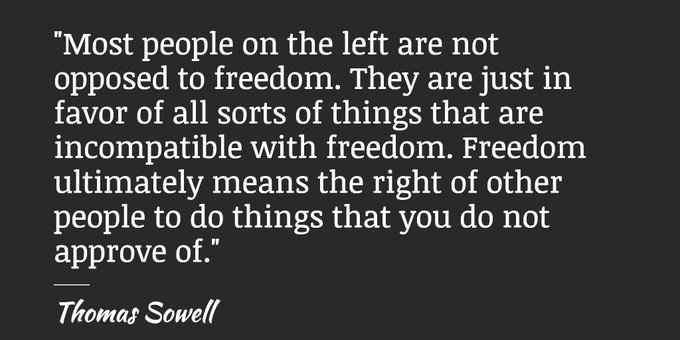
In light of the recent Superintendent Report on the Druid Hills Annexation, it is important that DeKalb County School District employees and board members know and comply with the provisions of the Georgia Government Transparency and Campaign Finance Act (O.C.G.A Section 21-5-1). The Act allows certain activities, but prohibits others, to influence voter approval or rejection of a constitutional amendment, legislation, or referendum such as educational SPLOST or city annexation. This post is adapted from a variety of documents, including materials from the Georgia School Boards Association, the Georgia PTA, and Gwinnett Schools.
The DeKalb County School District, its employees and board members may provide the public only with objective, factual information. The school district may educate voters about a referendum, but it may not contribute to a campaign committee that is promoting or opposing the issue or attempting to influence voters to vote a certain way. Informational materials developed by the school system must not be perceived as campaign material or be promotional in nature.
No public funds or resources can be used to promote or oppose voter approved issues. Public resources include, but are not limited to, school system/local school email, websites, newsletters, facilities, copy machines, paper, phones, audiovisual equipment, computers, vehicles, and employee time during work hours or in a capacity as an employee after work hours.
Employees may work to promote or oppose voter issues only as private citizens on their own time. Employees have the same civic responsibilities and privileges as any other citizen including the privilege of campaigning for and actively supporting causes in the political arena. An employee’s political activities must not interfere or conflict with an employee’s job.
Permitted Activities
School board members and superintendents may, on their own time and with their own resources, influence the passage of a referendum. They may appear at public events and speak on behalf of the issue. They should be careful to emphasize, however, that they are not speaking on behalf of the board or in their official capacity.
School administrators may speak at parent-teacher organization meetings as long as the meeting is not held during the school day and attendance is voluntary.
School administrators, teachers, and other employees, as individuals, may endorse and contribute to the campaign. However, any written or oral endorsement should contain a disclaimer that it is not being made in the person’s capacity as a school official or employee.
School districts can provide the public and the media with factual, objective information about a referendum. Such material must not be biased or handled in a way that could be perceived by the public as campaign material.
Prohibited Activities
School administrators and other employees may not spend time during the school day on activities influencing a referendum. During working hours, they should not appear at public events to speak on behalf of the campaign, solicit campaign contributions, or distribute campaign literature.
Schools should not send home with students any materials in support or opposing a referendum. School newspapers, newsletters, and other educational literature should not contain advertisements, columns, or editorials by staff members that promote or oppose passage of an issue. School mailing labels may not be used to mail campaign materials.
School districts, school boards, and schools may not spend public funds on advertising (print or electronic) intended to influence voters.
School administrators must be careful that their actions toward teachers do not appear coercive. While they can remind staff of the date for voting and provide information about the referendum, they should not seek to influence those they supervise to vote a certain way. Administrators should make clear that employees will not suffer adverse consequences if they choose not to support or contribute to the referendum or do not vote.








 “Extremism in defense of liberty is no vice. Moderation in pursuit of justice is no virtue.”
“Extremism in defense of liberty is no vice. Moderation in pursuit of justice is no virtue.”